OU News
News from The Open University
- Home
- Category: Space
Category: Space
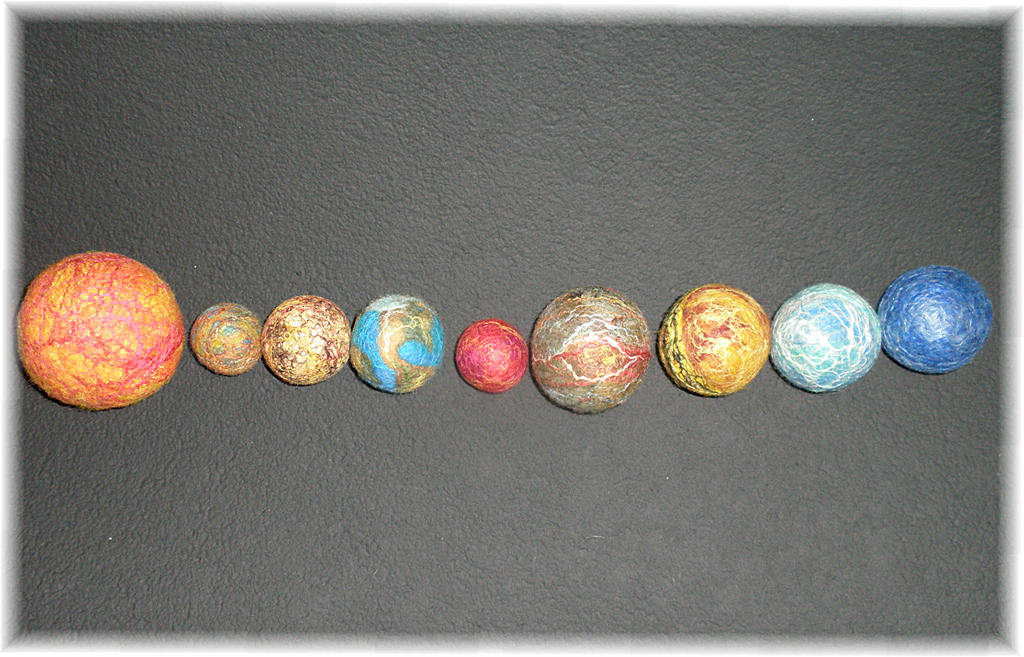
From Neptune’s blue hue to Jupiter’s red spot: are the colours of the planets real?
These days, we’re used to seeing pictures of planets sent back by spacecraft. Some pictures look colourful, others less so. But do they show what each planet really looks like? The short answer to this is “sometimes”, because some planets are genuinely quite colourful. Others are surfaced by rock that is almost entirely grey, and […]
Read more about From Neptune’s blue hue to Jupiter’s red spot: are the colours of the planets real?
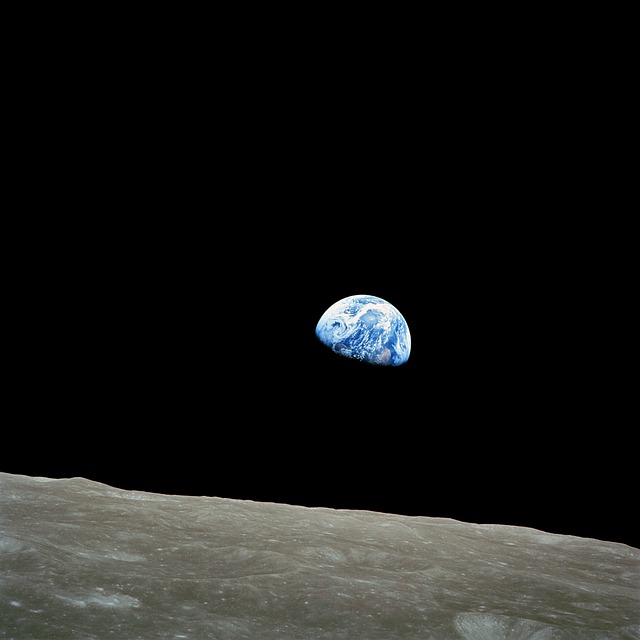
OU joins new search for water on the Moon
A new mini robotic laboratory going to the south pole of the Moon to search for water could “enable a new wave of human exploration of the Moon and beyond” according to Open University scientist Dr Simeon Barber. The Open University has partnered with leading aerospace company Leonardo-Finmeccanica to develop ProSPA, a miniature robotic laboratory […]
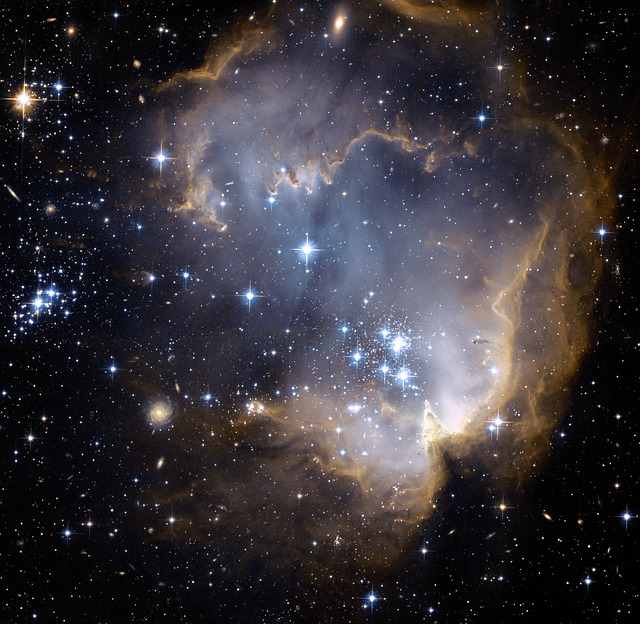
OU showcases pioneering space research at Royal Society exhibition
The OU will be showcasing the results of its pioneering research from the Rosetta spacecraft at the Royal Society Summer Science Exhibition 2016. The comet revealed: Rosetta and Philae at Comet 67P will exhibit research collected from the European Space Agency (ESA) Rosetta Mission, and will be supported by the OU and other partners*. OU researchers led […]
Read more about OU showcases pioneering space research at Royal Society exhibition
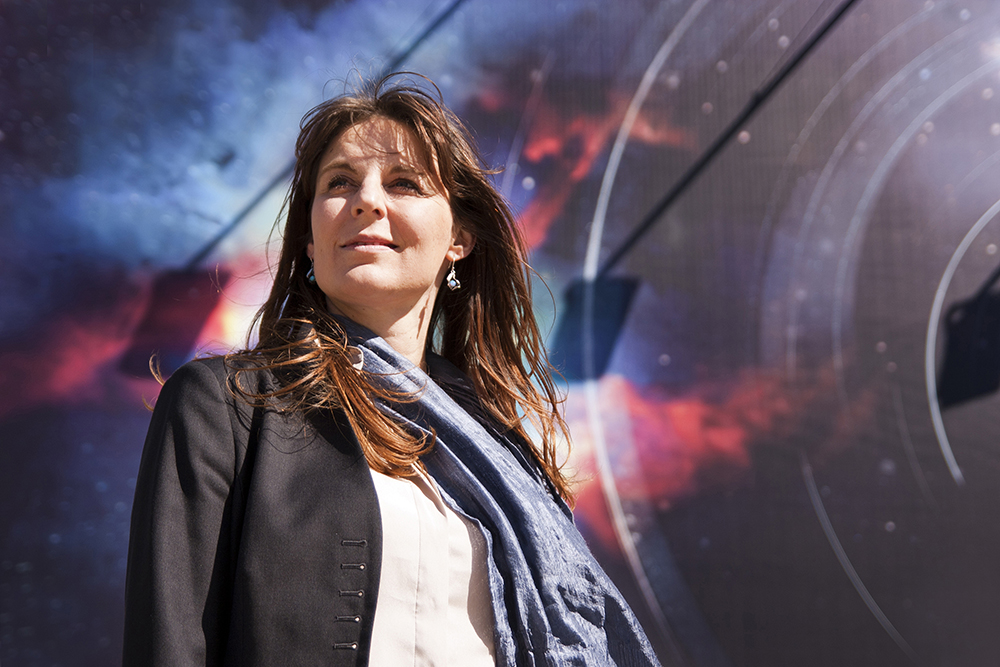
OU names first recipient of astrobiology legacy award
The first recipient of an astrobiology award in memory of the late Professor Barrie Jones – an OU astrobiologist – has been named. Lisa Kaltenegger, Director of the Cornell Carl Sagan Institute and Associate Professor of Astronomy at Cornell University, New York, has been named the inaugural recipient of the Barrie Jones Award. It recognises an […]
Read more about OU names first recipient of astrobiology legacy award
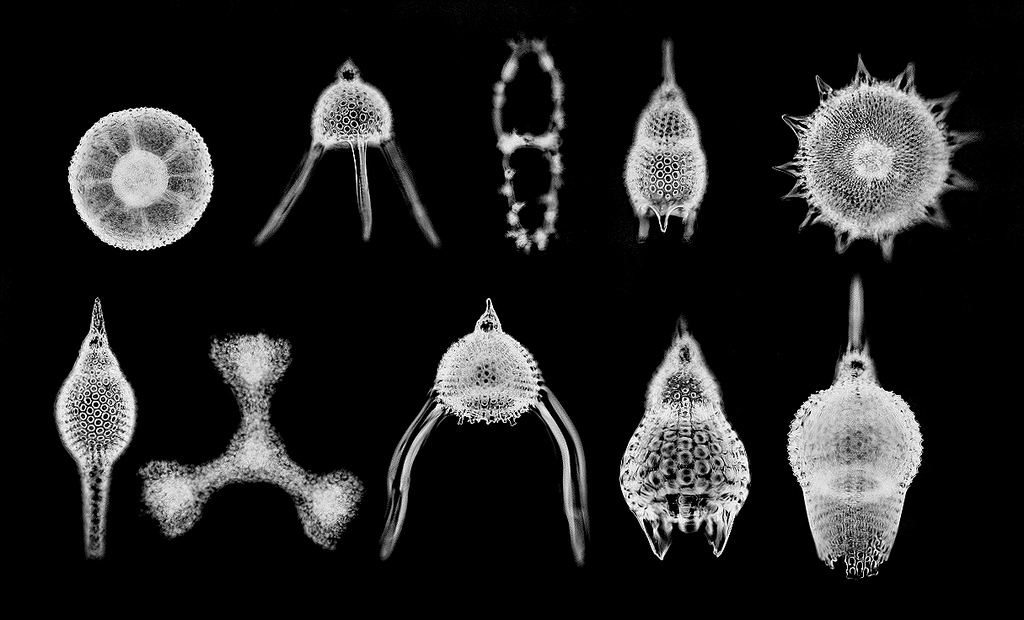
International Space Station experiment journeys back to Earth with Tim Peake
British Astronaut, Tim Peake, returns from a six-month mission to the International Space Station (ISS). We spoke to Lecturer in Ecology, Dr Karen Olsson-Francis, about an experiment supported by the OU that is on the journey with Tim back to Earth. What is the experiment that the OU has supported? “The BIOMEX (Biology and Mars […]
Read more about International Space Station experiment journeys back to Earth with Tim Peake
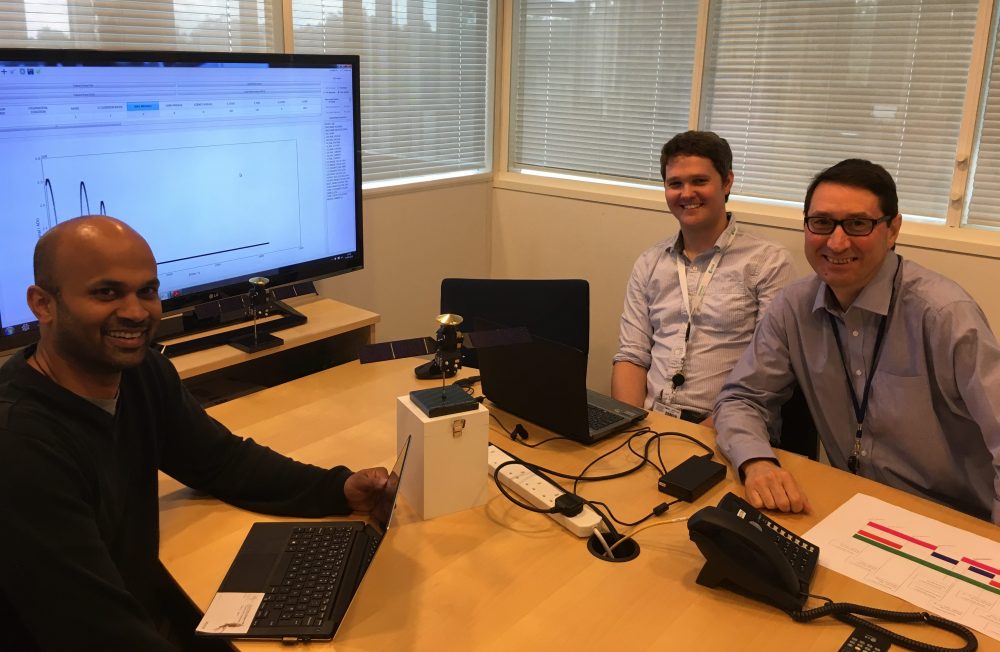
Sniffing out life on Mars: mid-cruise check-out (and it’s 1-0 to England)
Data is currently being received and reviewed from the ExoMars Mission – the launch of a spacecraft in March to demonstrate Europe’s first ever landing on Mars later this year, and an attempt to sniff out signs of life on the Red Planet. The ExoMars Orbiter is carrying an instrument with significant OU involvement which […]
Read more about Sniffing out life on Mars: mid-cruise check-out (and it’s 1-0 to England)
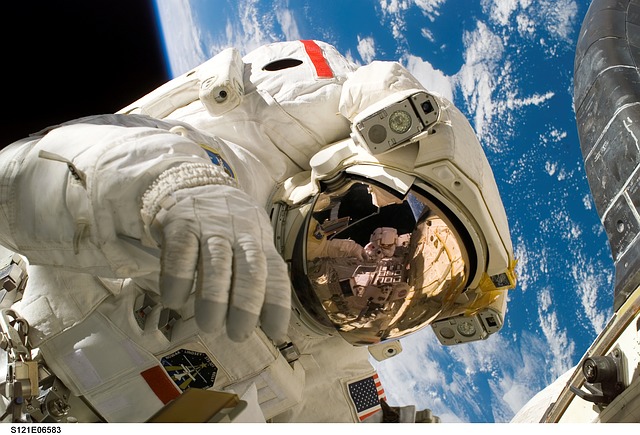
Q&A: Astronaut Ron Garan – space travel for all will make the Earth a better place
Professor Monica Grady explains why she thinks space travel will make earth a better place to live. There is a small but growing set of people who have had the opportunity to see the Earth as a planet, and view its changing seasons and weather patterns from above. Astronauts are a rare breed: men, and, […]
Read more about Q&A: Astronaut Ron Garan – space travel for all will make the Earth a better place
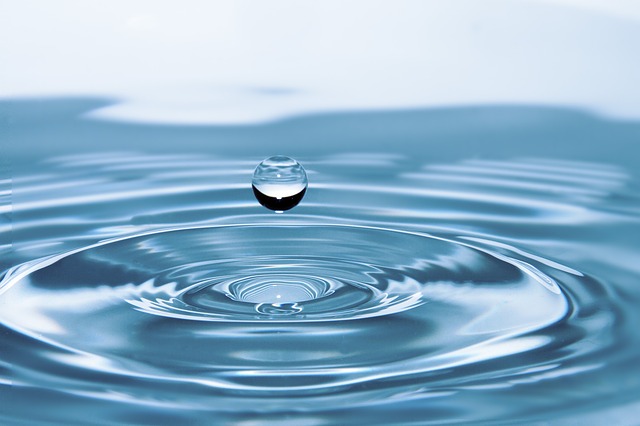
Asteroids most likely delivered water to the moon – here’s how we cracked it
One of the moon’s greatest mysteries has long been whether it has any water. During the Apollo era in 1960s and 70s, scientists were convinced it was dry and dusty – estimating there was less than one part in a billion water. However, over the last decade, analyses of lunar samples have revealed that there […]
Read more about Asteroids most likely delivered water to the moon – here’s how we cracked it
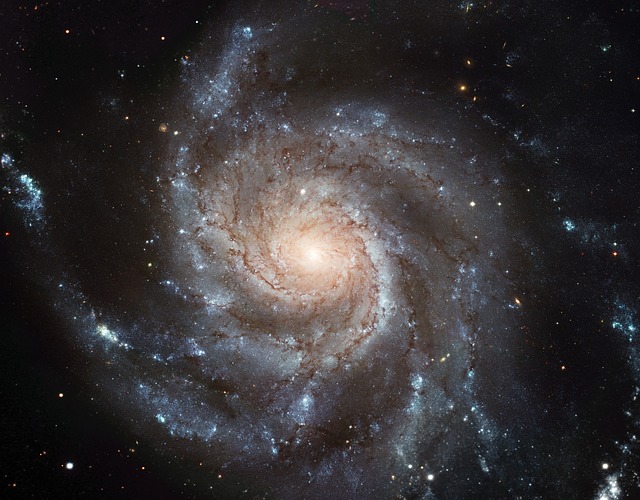
A comet, cancer and the space in between
Space, it’s very out there. The exploration of the stars, galaxies and moons is all very exciting but it can seem a bit removed from our everyday lives. Things are different at The Open University, where space exploration is not done in isolation. Take the Rosetta Mission: This ground-breaking mission involved the OU creating the Ptolemy […]
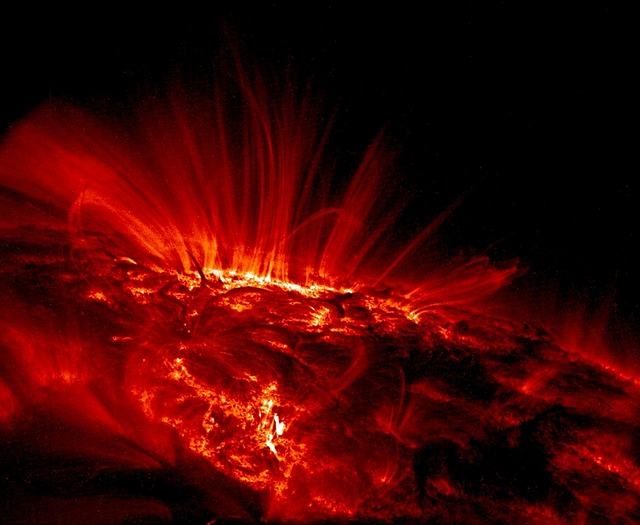
Solar storms could solve longstanding paradox of how life on Earth arose
It was only a matter of 700 million years or so after Earth formed and its surface cooled and solidified that life began to flourish on Earth. All studies suggest that life requires water – and we know from rocks on Earth that the climate in this distant past was sufficiently warm for liquid water […]
Read more about Solar storms could solve longstanding paradox of how life on Earth arose
Page 15 of 17